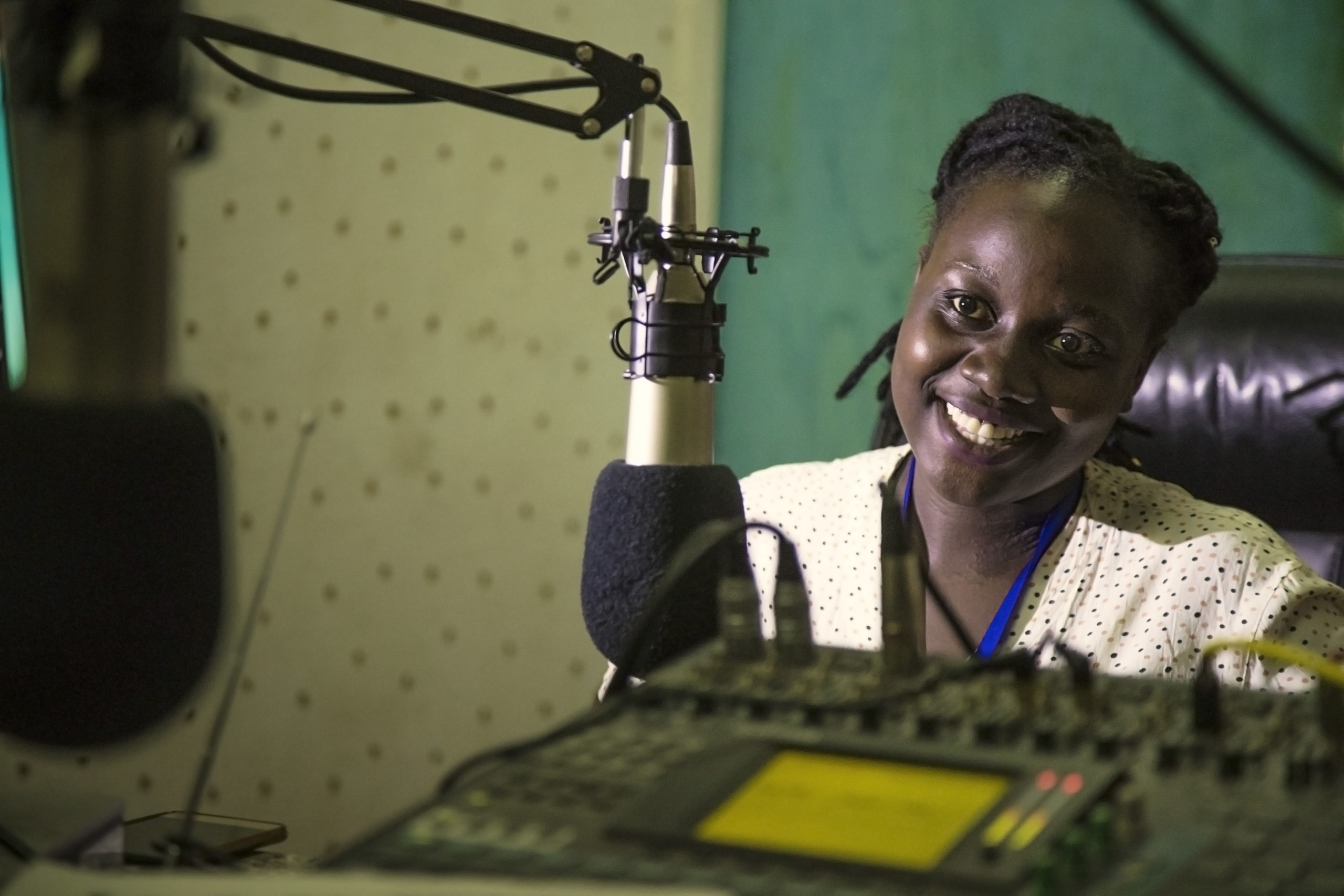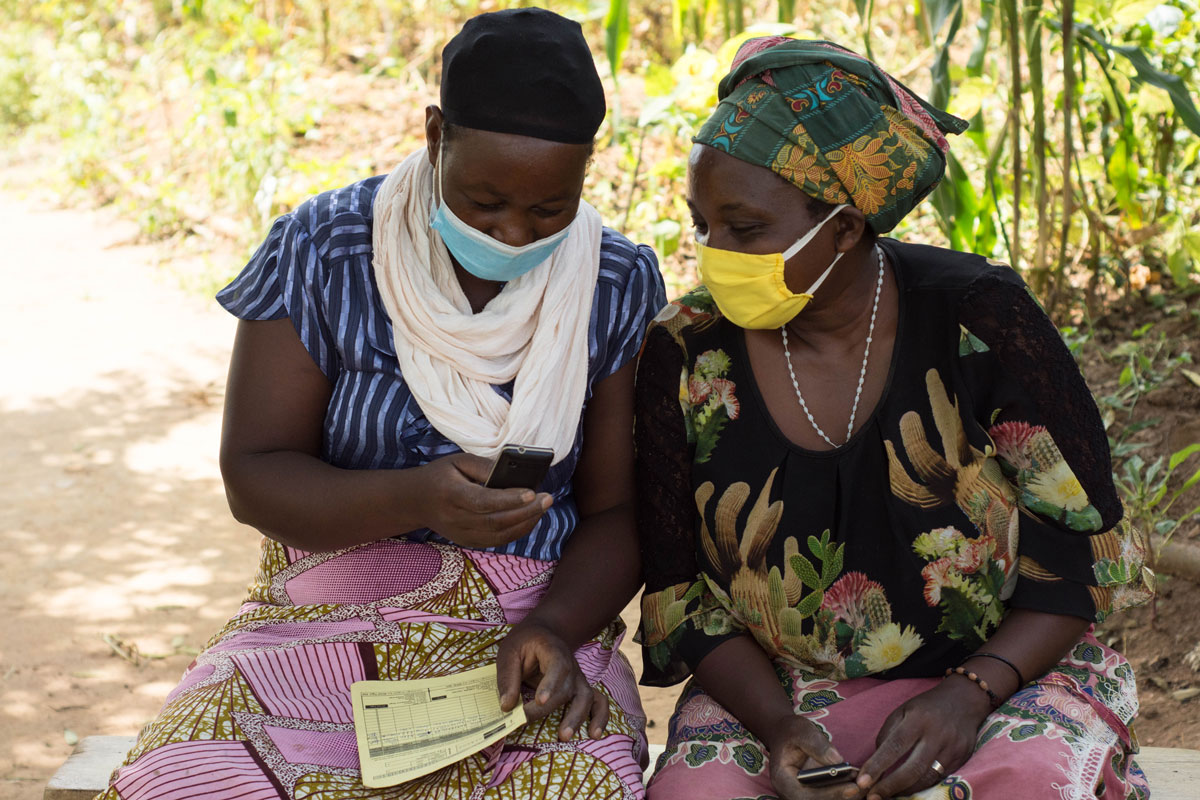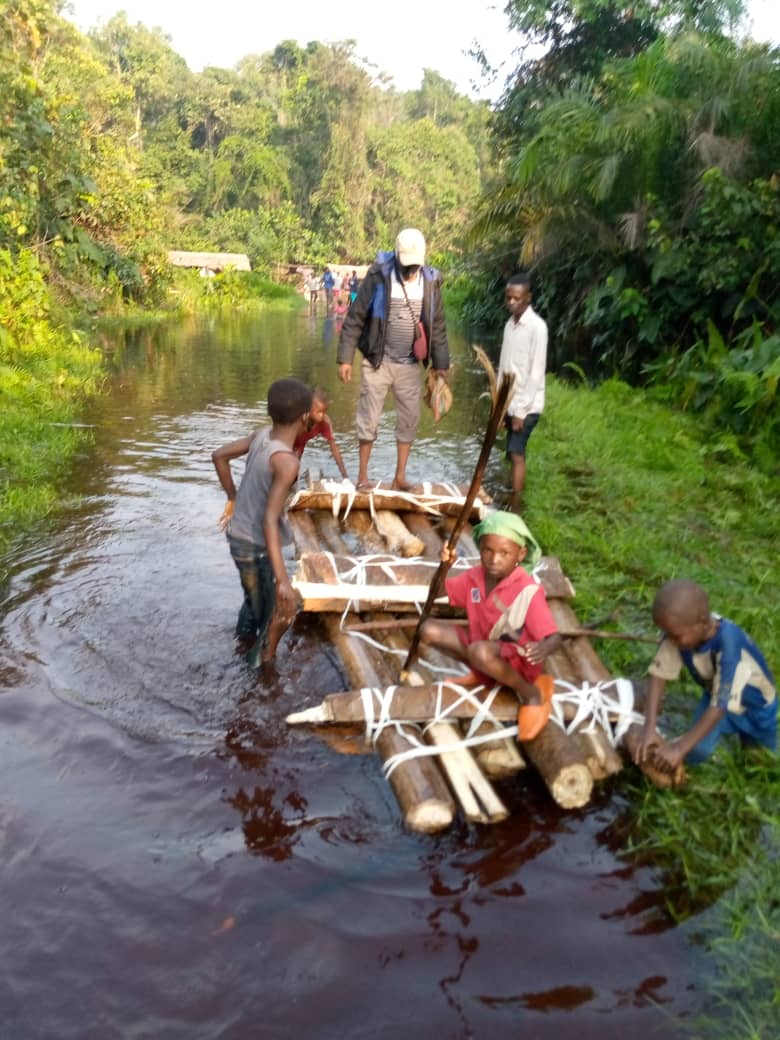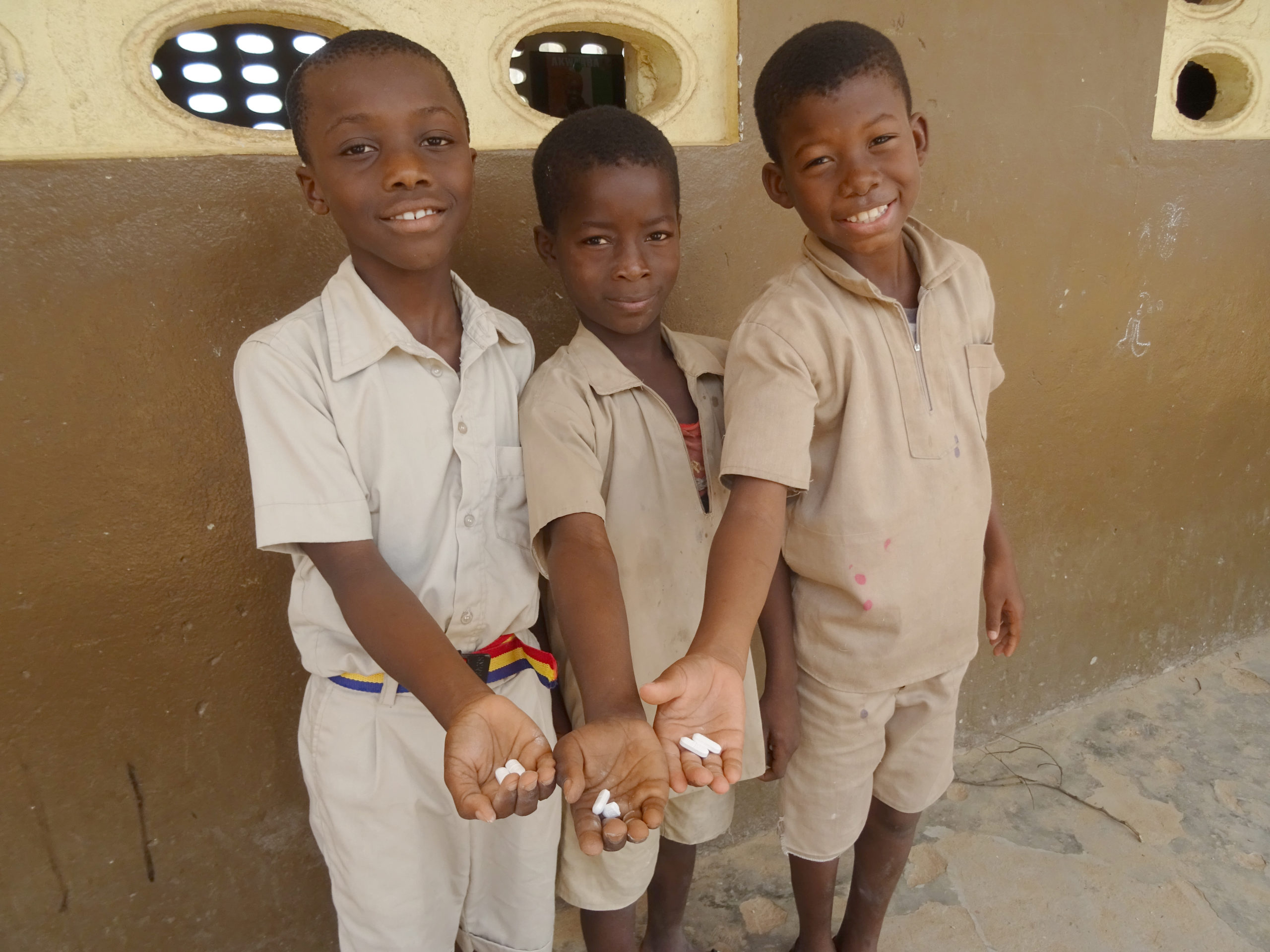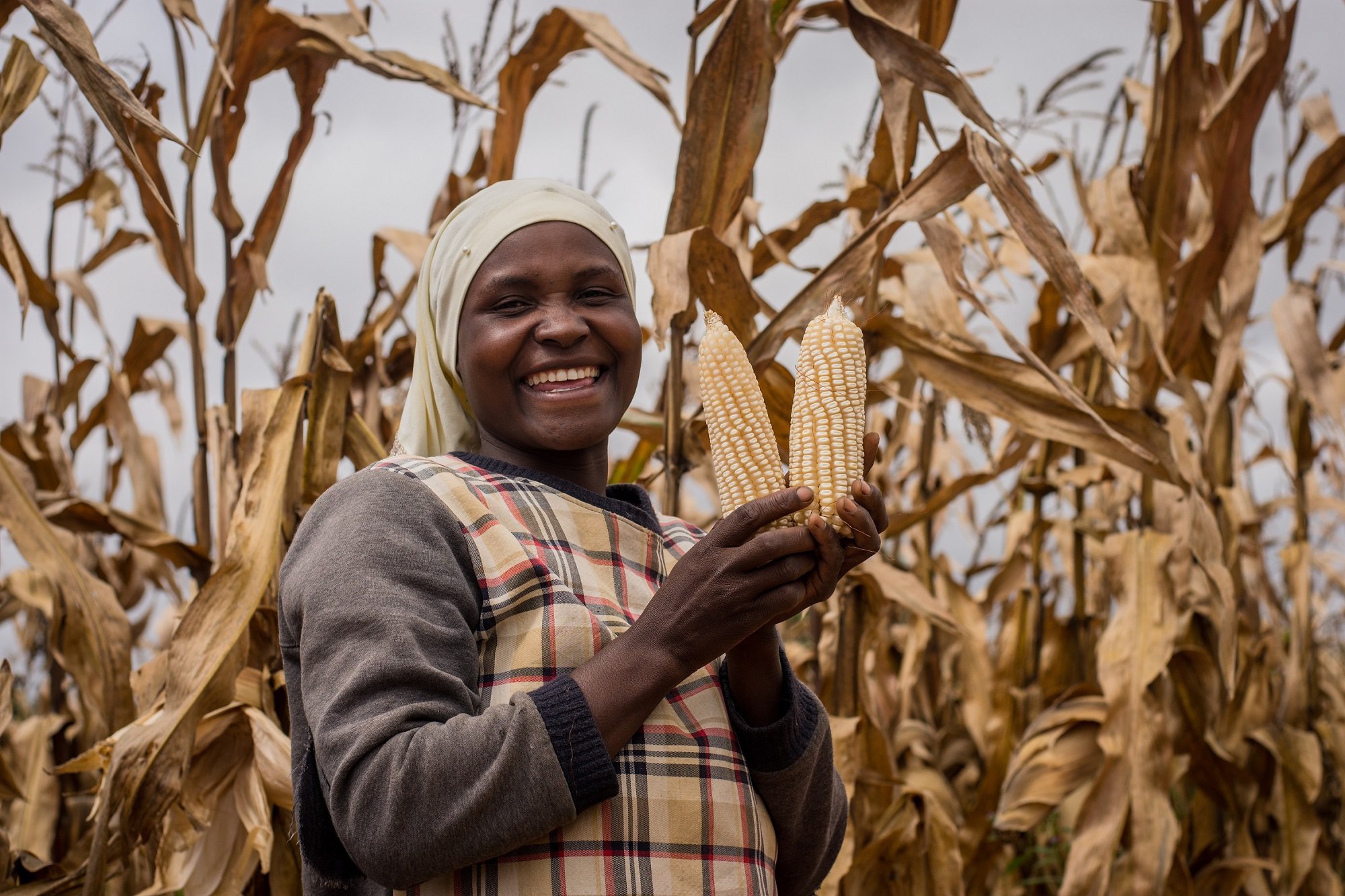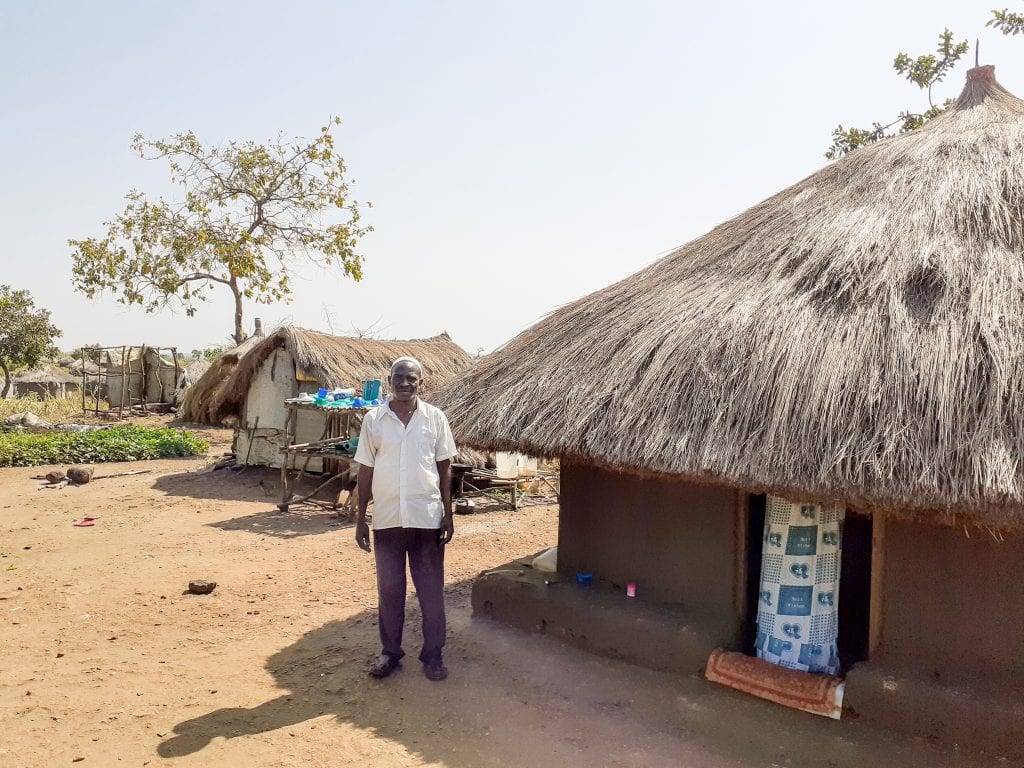Development Media International (DMI) is delighted to announce that – with the support of individual donors through TLYCS – it is expanding its child survival campaigning to Tanzania, where 270 children die from largely preventable causes every day.
We will be campaigning in the Lake Zone region of Tanzania, which, according to UNICEF, has one of the highest regional child mortality rates, at 88 per 1,000 live births. The campaign will be a high-fidelity replication of the child survival campaign that we tested in Burkina Faso with a randomised controlled trial (RCT). The RCT showed that in the first year of the campaign we were able to increase treatment-seeking for malaria, diarrhoea and pneumonia by 56%, 73% and 39% respectively (all p<0.001). Modelling using the Lives Saved Tool (a respected tool developed by the John Hopkins Bloomberg School of Public Health) suggests that the changes in treatment-seeking behaviours brought about by the campaign corresponded to approximately 3,000 children’s lives saved (Murray et al., 2018), which places this intervention among the most cost-effective child health interventions available (Kasteng et al., 2018).
We have been looking for opportunities to expand our child survival work into Tanzania for many years now, and the generosity of individual donors through TLYCS as well as grants from foundations have now allowed us to make this exciting step. Modelling using the Lives Saved Tool suggests that our campaign in the Lake Zone could save over 600 lives.
DMI plans use its unique mass media approach of intensive, multi-themed campaigns, frequent daily broadcasts, and changeable content for this project. DMI’s outputs, created by an experienced Tanzanian team, reflect and respect the Tanzanian audience; listeners identify with characters and recognize that it is possible to adopt the targeted behaviors. We have been working in the Lake Zone region for several years and built strong relationships with radio stations, who offer us average discounts of 60%. We also have strong relationships with relevant government ministries in Tanzania, including the Health Promotion Section of the Tanzania Ministry of Health, Community Development, Gender, Elderly and Children, through which the majority of DMI outputs are approved with minimal changes.
We will conduct an innovative and in-depth process evaluation to identify mechanisms of impact. The process evaluation will make use of a broad range of data collection tools throughout the campaign period, enabling an adaptive approach. This will ensure the messages are fit for a regional audience, remain relevant over the course of the intervention, and are refined for optimal impact in line with our theory of change. It will also position us well for a national scale up of this campaign, which we will aim for following this regional level intervention.
